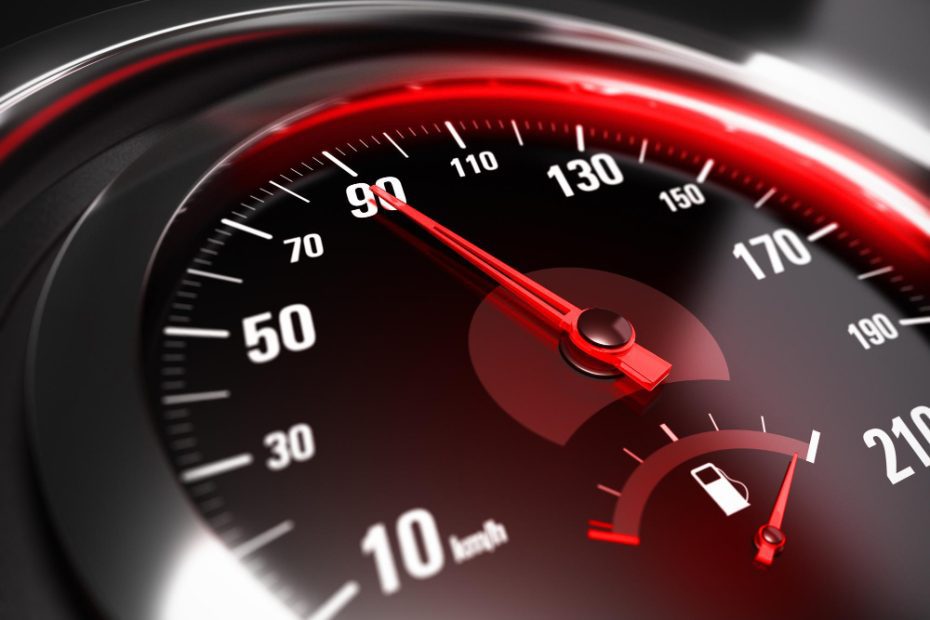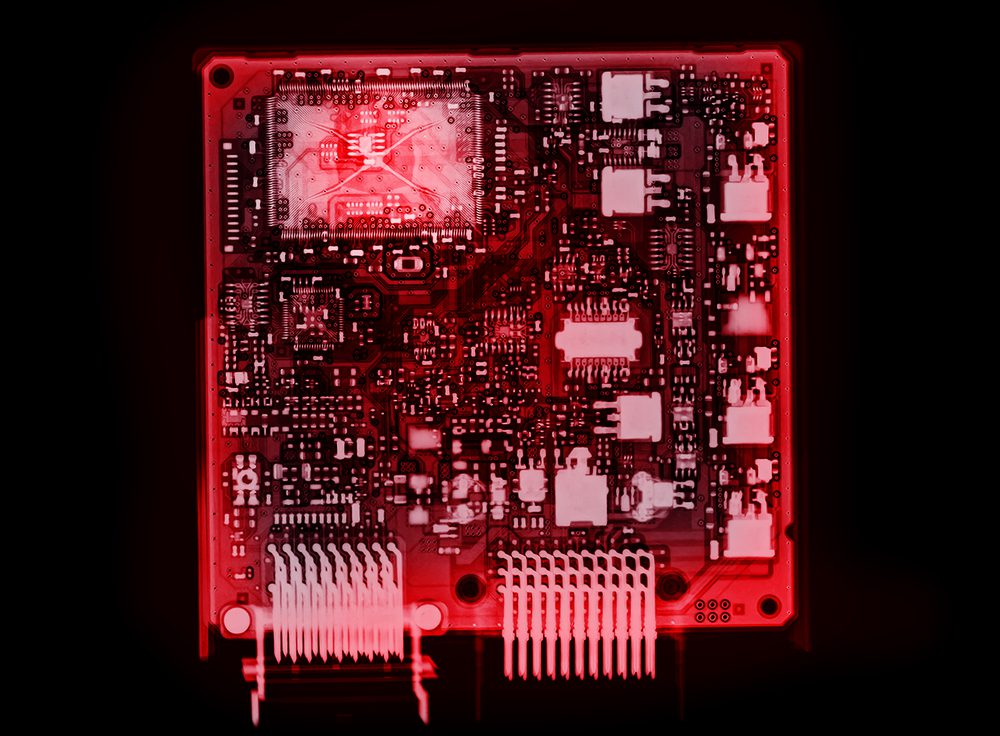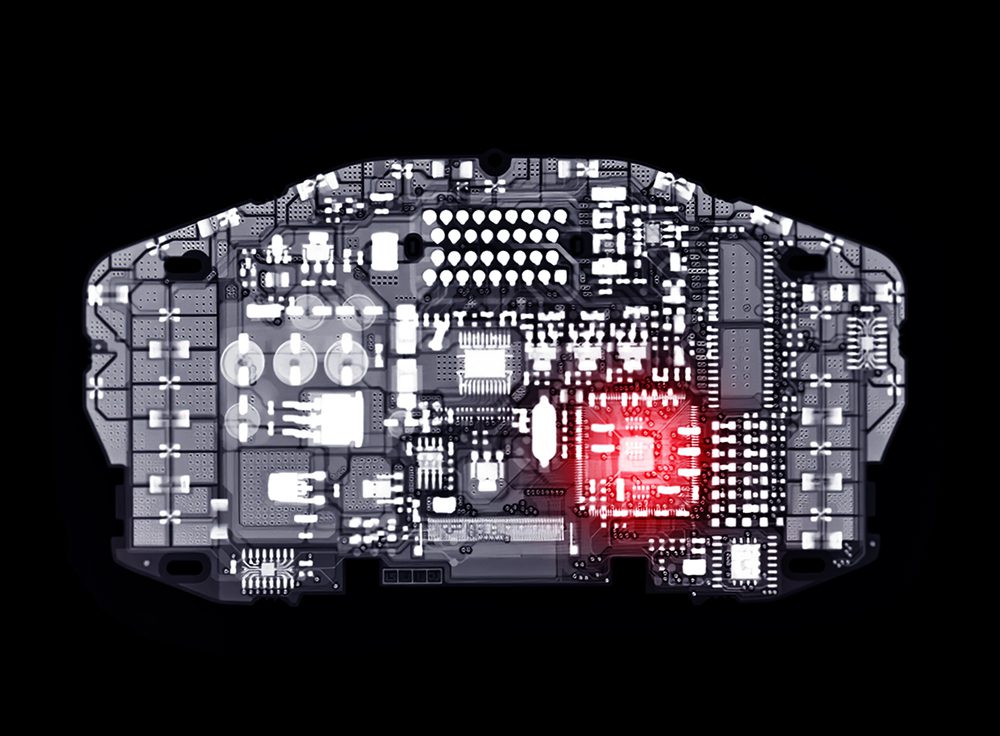Does the PCM Control the Speedometer?
Introduction
The Powertrain Control Module (PCM) is a vital component in modern vehicles that controls various functions and systems related to the engine and transmission. However, there is often confusion about whether the PCM also controls the speedometer. In this article, we will explore this topic in detail and provide a clear answer to this commonly asked question.
The Functionality of the PCM
The PCM, also known as the Engine Control Module (ECM), acts as the central control unit for the powertrain system in a vehicle. Its primary role is to collect data from various sensors installed within the engine and transmission systems, process this information, and generate output signals to regulate the vehicle’s performance.
The PCM is responsible for managing fuel injection, ignition timing, emission control systems, and other critical functions that ensure the proper operation of the engine. It receives inputs from numerous sensors, such as the mass airflow sensor, oxygen sensors, throttle position sensor, and many more. By analyzing these inputs, the PCM determines the appropriate fuel-air mixture, timing, and other parameters to optimize engine efficiency and performance.
Speedometer Operation
The speedometer is an instrument typically located on the dashboard of a vehicle that displays the current speed at which the vehicle is traveling. Traditionally, the speedometer’s operation was mechanically linked to the transmission or wheel rotation through a cable. In such cases, the PCM has no direct involvement in controlling the speedometer.
However, with the introduction of electronic speedometers, the situation has changed. Many modern vehicles now have digital or electronically controlled speedometers. These speedometers receive the necessary signal directly from the PCM or other electronic modules within the vehicle.
Speed Sensor
The PCM plays a crucial role in providing the electronic speedometer with accurate and real-time information about the vehicle’s speed. It does so by utilizing a speed sensor, typically located on the transmission or wheel hub, which sends constant signals to the PCM regarding the rotational speed of the wheels.
The PCM processes this data and calculates the vehicle’s speed based on the wheel rotation rate. It then transmits this information to the electronic speedometer, allowing it to display the current speed accurately. In vehicles with multiple electronic modules, the PCM may communicate the speed data to these modules as well for various other functions.
PCM Failure and Speedometer Issues
In cases where the PCM malfunctions or fails, it can potentially result in speedometer issues. If the PCM is unable to receive accurate data from the speed sensor or process it correctly, it may lead to incorrect speed readings on the speedometer display.
A faulty PCM could cause the speedometer needle to fluctuate randomly, show speeds that do not correspond to the actual vehicle speed, or even result in a complete failure of the speedometer display. Therefore, if you experience any speedometer-related issues, it is essential to have the PCM thoroughly diagnosed to determine if it is the root cause.
Conclusion
To summarize, while the PCM primarily controls the engine and transmission systems within a vehicle, it does indirectly influence the operation of the speedometer in many modern vehicles. By receiving data from the speed sensor and processing it appropriately, the PCM ensures that the speedometer displays accurate and reliable speed information to the driver.
Understanding the relationship between the PCM and the speedometer is crucial when troubleshooting speedometer-related problems. If you encounter any issues with your vehicle’s speedometer, it is advisable to consult a qualified mechanic who can diagnose and rectify any problems with the PCM or associated components.



